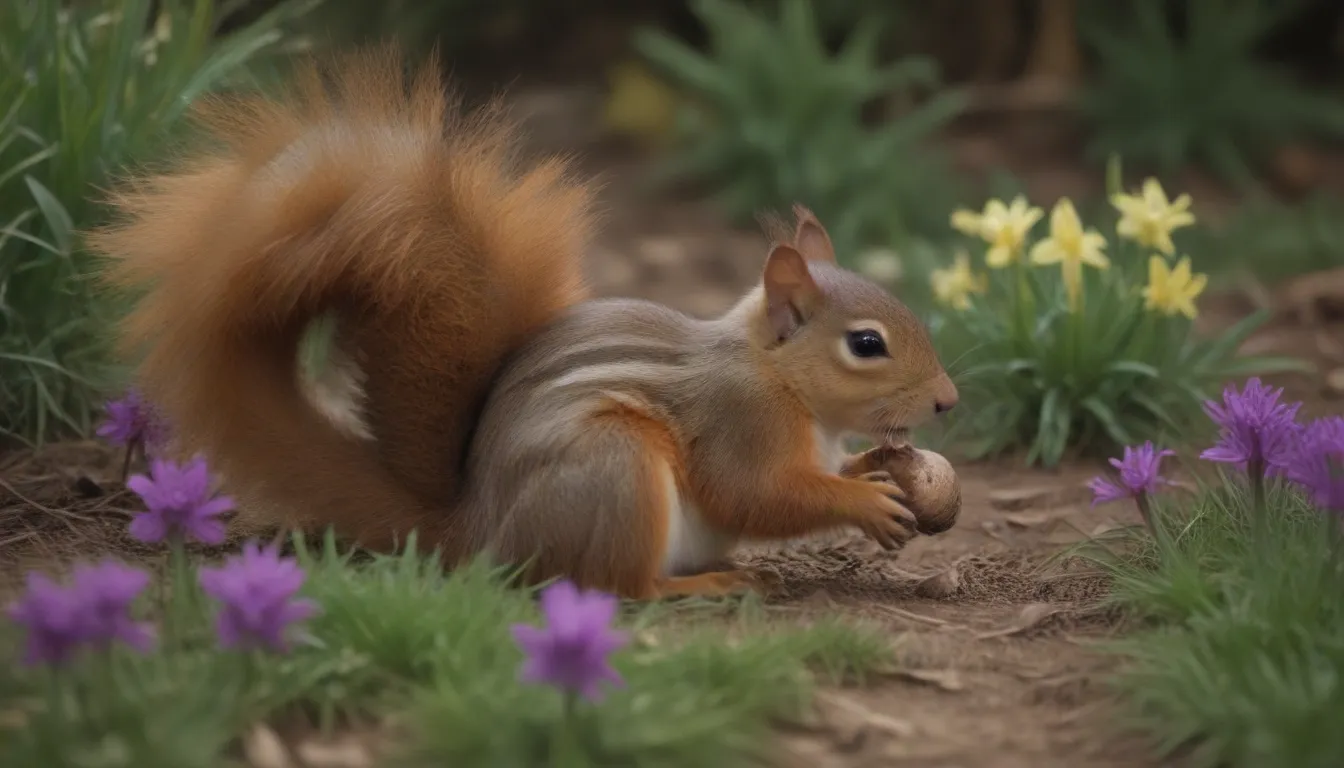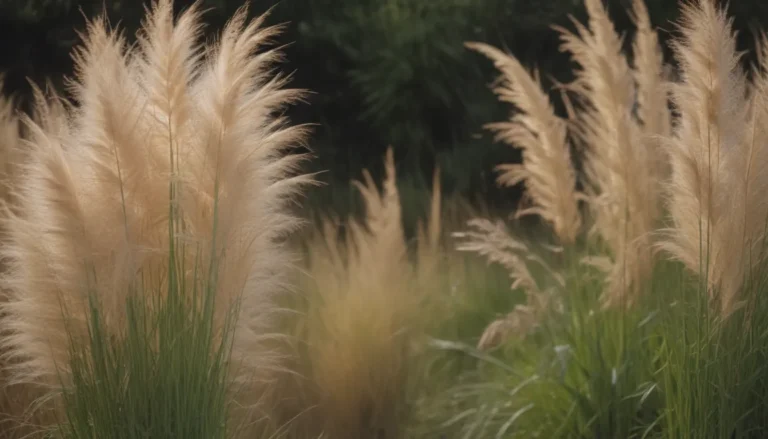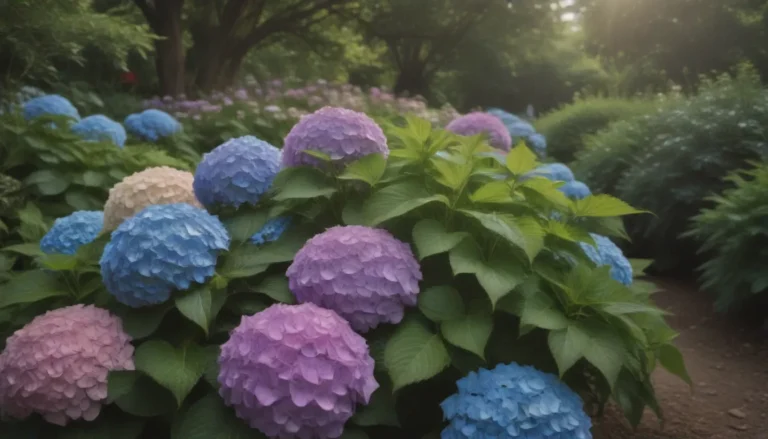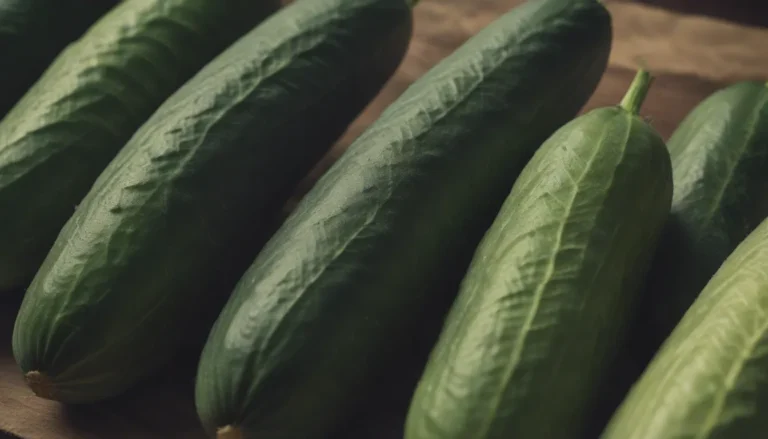How to Protect Your Spring Bulbs from Squirrels and Chipmunks

If you’re an enthusiastic gardener, you’ve probably experienced the frustration of having your beautiful spring bulbs dug up and eaten by squirrels and chipmunks. But fear not, there are several effective methods you can use to protect your bulbs and ensure they remain undisturbed. In this comprehensive guide, we’ll explore various strategies and tips to help you safeguard your precious bulbs from these pesky critters.
Understanding the Threat: Squirrels and Bulbs
Squirrels and chipmunks are notorious for wreaking havoc in gardens, especially in areas with mature trees. These rodents have a penchant for digging up and feasting on spring-blooming bulbs like tulips and crocus. Due to their inability to digest cellulose material, squirrels rely on protein-rich plant structures found in bulbs and nuts to survive. As a result, they are constantly on the lookout for these tasty treats, making them a major headache for gardeners.
Fall is a particularly challenging time as squirrels and chipmunks scramble to gather enough food to last through winter. The sight of a gardener planting bulbs often triggers their curiosity, and they eagerly anticipate a feast once the planting is complete. To protect your bulbs from these persistent diggers, it’s essential to implement effective prevention measures.
Tips for Protecting Your Bulbs
1. Cover Your Bulbs
- Use chicken wire or hardware cloth to create physical barriers that prevent squirrels and chipmunks from accessing your bulbs.
- Secure the material over the planting area with stakes or weights to deter digging critters.
2. Avoid Smelly Fertilizers
- Opt for synthetic fertilizers with no odor to prevent attracting squirrels and other animals that dig.
- Stay away from bone meal, fish emulsion, and blood meal, which can draw unwanted attention to your garden.
3. Plant Bulbs Among Other Plants
- Mix spring bulbs with groundcovers or perennials to make it harder for squirrels to locate and dig them up.
- Enjoy early color in your garden while deterring critters from targeting your bulbs.
4. Use Natural Repellents
- Explore organic repellents like red pepper flakes to discourage squirrels from digging.
- Consider investing in squirrel and rodent repellents or organic deer repellents for added protection.
5. Add Sharp Gravel
- Introduce sharp gravel or crushed oyster shells around bulb plantings to create an unpleasant texture that deters squirrels.
- Look for these materials at home improvement centers or landscape supply yards.
6. Provide Alternate Food Sources
- Consider setting up a squirrel feeding station near your garden to distract them from digging up your bulbs.
- Keep in mind local ordinances regarding feeding wild animals in your area.
7. Clean Up Your Planting Areas
- Remove any debris or discarded bulb layers after planting to avoid attracting squirrels to your garden.
- Keep the area tidy to minimize the temptation for critters to dig.
8. Plant Bulbs That Squirrels Don’t Prefer
- Choose bulbs like daffodils, alliums, scilla, hyacinth, muscari, fritillaria, and snowdrops that are less appealing to squirrels.
- Mix these bulbs with tulips and crocus as a deterrent against hungry critters.
9. Delay Planting Time
- Consider planting your bulbs later in the season when squirrels are less active in their search for food.
- Take advantage of the natural deterrent properties of coffee grounds to repel squirrels and enrich your soil.
By implementing these proactive measures, you can safeguard your spring bulbs from squirrels and chipmunks, ensuring a vibrant and undisturbed garden. Remember to stay vigilant and regularly check for any signs of digging or disturbance to quickly address any potential threats to your bulbs. With a combination of preventative strategies and careful maintenance, you can enjoy a beautiful garden free from the scourge of bulb-eating critters. Happy gardening!





